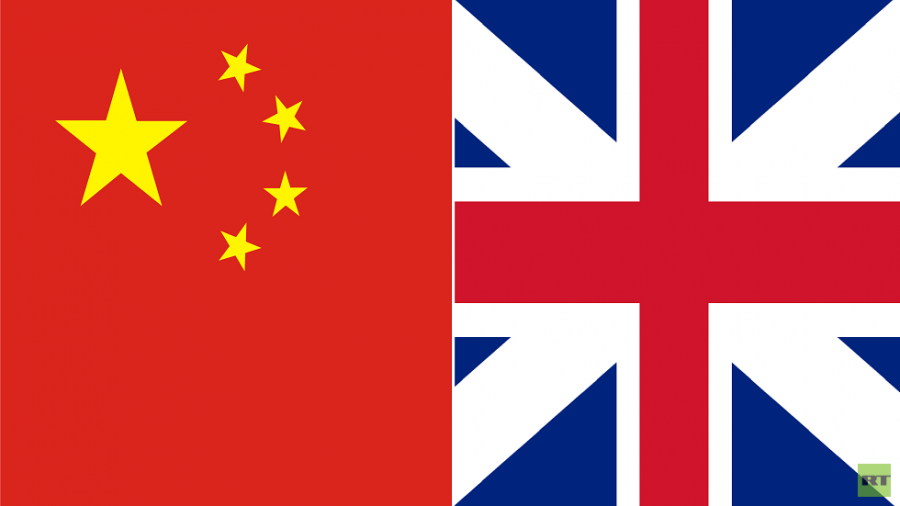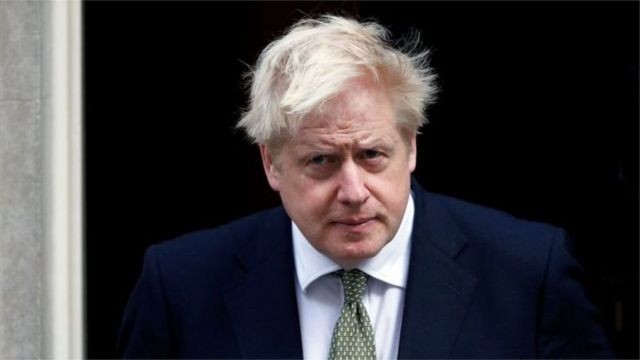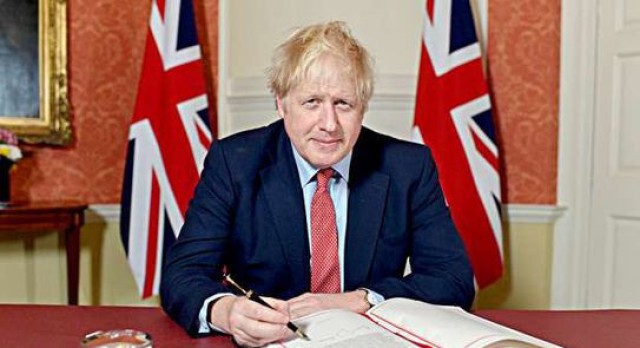The British government is removing China's public nuclear power company CGN from all future energy projects in the UK, signaling a worsening of relations between the two countries.
According to Arab Net, the projects potentially at risk include the £20 billion ($27.5 billion) Sizewell C nuclear power plant in Suffolk, and development of the proposed Bradwell on Sea project in Essex, according to a person familiar with the matter who spoke on the condition of anonymity to Bloomberg.
CGN is also a 33% investor in the Hinkley Point C facility, which is currently under construction in Somerset and is one of the UK's largest infrastructure projects. .
The move also underscores how British Prime Minister Boris Johnson's administration is hardening its stance on Beijing, as Johnson banned Huawei Technologies from participating in the launch of the 5G network. Earlier this month, Britain's National Security Adviser opened an investigation into the acquisition of the country's largest chip factory by Chinese government-owned company Nexperia NV.
A spokesperson for the UK Department for Business, Energy and Industrial Strategy said in a statement: All nuclear projects in the UK are undertaken under strict and independent regulations to meet legal, regulatory and security requirements. strict patriotism in the country, ensuring the protection of our interests.
He added: "Nuclear power has an important role to play in the UK's low-carbon energy future, as we work towards our globally leading goal of eliminating our contribution to climate change by 2050." .
Members of Johnson's Conservative Party have repeatedly expressed concern about China's increasing involvement in critical aspects of the UK's infrastructure, and in its major educational institutions such as the University of Cambridge. .
Former party leader Ian Duncan Smith told the Financial Times that Britain should use its new post-Brexit status to put human rights at the center of any trade deals.










































